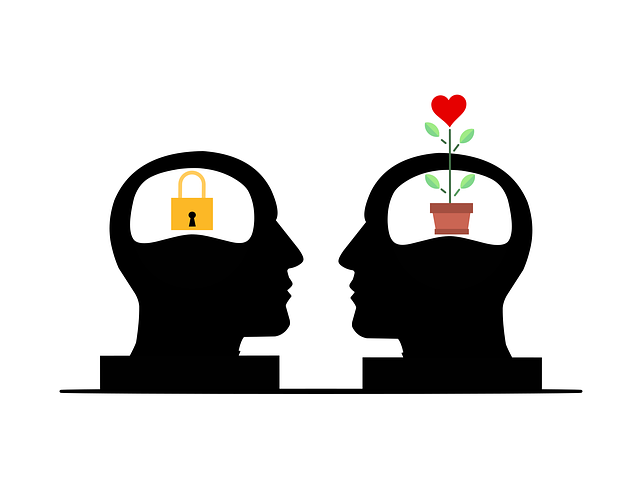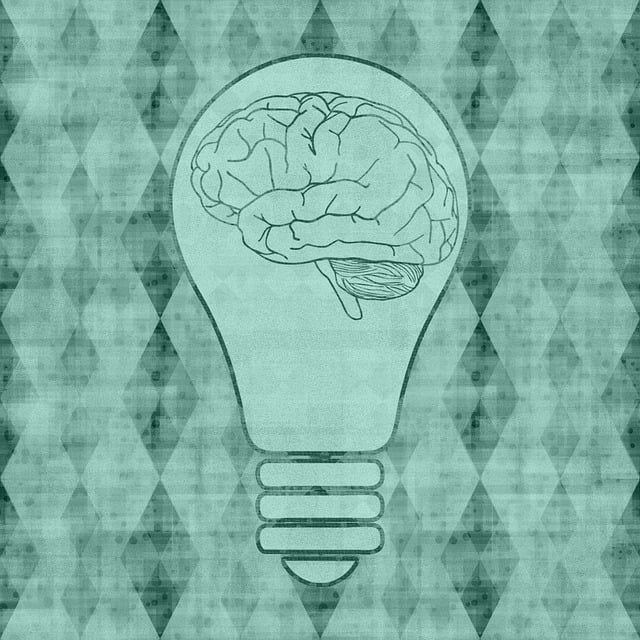Louisville Blended Families Therapy tackles the significant barrier of mental health stigma through education, open dialogue, and media representation. By challenging stereotypes and promoting empathy, they empower individuals and communities to prioritize mental well-being. Their specialized, holistic approach considers family dynamics and offers tailored support, ensuring culturally sensitive care for diverse families. Through collaboration with experts and authentic storytelling, media can further reduce stigma and inspire hope, fostering a more supportive society for all.
In today’s digital age, media plays a pivotal role in shaping societal perceptions of mental illness. The prevalent stigma surrounding these health concerns often leads to misinformed judgments and discrimination. This article explores strategies to challenge this issue, focusing on how Louisville Blended Families Therapy offers a unique approach to mental health support. We delve into the impact of media representation, the importance of accuracy and compassion, and community empowerment through education, ultimately emphasizing innovative solutions like Louisville Blended Families Therapy as game changers in mental health care.
- Understanding Mental Health Stigma and its Impact on Society
- The Role of Media in Shaping Public Perception of Mental Illness
- Louisville Blended Families Therapy: A Unique Approach to Addressing Mental Health Concerns
- Strategies for Accurate and Compassionate Mental Illness Representation in Media
- Empowering Communities through Education: Overcoming Stigma with Louisville Blended Families Therapy Model
Understanding Mental Health Stigma and its Impact on Society

Stigma surrounding mental health is a pervasive issue that impacts individuals and communities alike. It often manifests as negative attitudes and stereotypes, creating barriers for those seeking support. In Louisville Blended Families Therapy, we frequently encounter families where a member struggles with undiagnosed or untreated mental health conditions due to societal stigma. This can lead to isolation, reduced access to quality care, and even exacerbation of symptoms.
The consequences are far-reaching. Stigma discourages open conversations about mental wellness, hindering people from sharing their experiences and seeking the guidance they need. It’s crucial to recognize that mental health issues are common and treatable, just like physical ailments. Through initiatives like Mental Wellness Journaling Exercises and well-designed Mental Health Education Programs, we can challenge these misconceptions. By promoting understanding and empathy, communities can foster an environment where individuals feel supported, encouraging them to prioritize their mental health and seek prevention strategies such as Depression Management programs.
The Role of Media in Shaping Public Perception of Mental Illness

Media plays a significant role in shaping public perception of mental illness, often influencing how individuals understand and respond to conditions like depression, anxiety, or psychosis. The way mental health is portrayed in films, television shows, and news coverage can either perpetuate stereotypes or challenge societal norms, making it crucial for media outlets to adopt responsible storytelling practices. Accurate representation, including the diversity of experiences within the mental health community, can foster empathy and reduce stigma.
Louisville Blended Families Therapy, among other healthcare provider initiatives, recognizes the impact of media on public understanding. They offer Mental Health Education Programs Design tailored to address cultural nuances and promote mental wellness. Moreover, training in cultural competency for healthcare providers is essential to ensure that care remains accessible and sensitive to the unique needs of all individuals seeking support for their mental health journey.
Louisville Blended Families Therapy: A Unique Approach to Addressing Mental Health Concerns

Louisville Blended Families Therapy offers a unique and innovative approach to addressing mental health concerns within families. In today’s diverse society, understanding cultural sensitivity in mental healthcare practice is paramount. This therapeutic model recognizes the complexities of blended families, where step-parents, biological parents, and children from different backgrounds may struggle with identity, adjustment, and communication issues. By incorporating practices like self-care routine development for better mental health, Louisville Blended Families Therapy equips family members with tools to navigate these challenges.
The program’s strength lies in its holistic approach, considering not just individual needs but also the dynamics of the family unit. It provides crisis intervention guidance tailored to the unique circumstances of blended families, fostering an environment where open dialogue and emotional well-being are prioritized. This personalized touch ensures that each family receives the support they need to thrive, highlighting the importance of accessible and culturally sensitive mental healthcare solutions.
Strategies for Accurate and Compassionate Mental Illness Representation in Media

Media plays a significant role in shaping public understanding of mental illness. To foster accurate and compassionate representation, creators should prioritize consultation with mental health professionals to ensure the authenticity of portrayals. Incorporating diverse narratives featuring individuals from various backgrounds, including those from Louisville blended families, can challenge stereotypes and promote empathy. By showcasing the resilience building and self-awareness exercises that many undergo, media can humanize mental illness experiences, reducing stigma. Moreover, highlighting effective stress reduction methods can offer valuable insights to viewers seeking coping strategies. This holistic approach not only educates but also inspires hope, fostering a more supportive and understanding society.
Empowering Communities through Education: Overcoming Stigma with Louisville Blended Families Therapy Model

Louisville Blended Families Therapy Model offers a promising approach to empowering communities and challenging societal stigmas associated with mental illness. By focusing on blended families, this innovative therapy program provides a unique perspective on family dynamics and mental health support. Through educational initiatives, the model aims to break down barriers and encourage open conversations about emotional healing processes.
By educating both family members and healthcare providers, the Louisville approach emphasizes the importance of cultural sensitivity in mental healthcare practice. This includes delivering tailored interventions that consider the diverse backgrounds and experiences within blended families. Additionally, it ensures comprehensive Healthcare Provider Cultural Competency Training, fostering a more inclusive environment where everyone involved feels supported and understood.
In addressing the societal impact of mental health stigma, media representation plays a pivotal role. By adopting strategies for accurate and compassionate portrayal, as demonstrated by innovative approaches like Louisville Blended Families Therapy, we can foster understanding and reduce stigma. Empowering communities through education is key to unlocking progress, encouraging open conversations, and promoting support for those facing mental illness. This comprehensive approach ensures that media serves not only as a mirror reflecting societal issues but also as a powerful tool to drive positive change.














